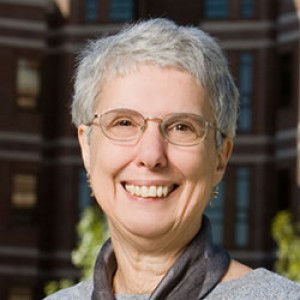June 2017 - February 2022
The University of Michigan (U-M) and the Michigan Institute for Clinical and Health Research (MICHR) are strongly dedicated to the education of a competent clinical and translational research workforce. To this end, MICHR’s educational programs cater to members of the clinical and translational research workforce within four broad roles: 1) pre-doctoral students, 2) post-doctoral fellows, 3) faculty, and 4) staff. The “crown jewel” of our educational offerings is the KL2 program, which has attracted and developed exceptional scholars. Collectively, over the last 10 years, the MICHR KL2 Scholars have published more than 1000 peer-reviewed publications and received over $155,385,534 in grant support as principal investigators (more than $4 million per scholar). Importantly, 100% of the KL2 Scholars have remained in clinical and translational research and 68% have been successfully promoted since program completion. One of our main priorities going forward is to expand the program, use creative methods to increase the number of KL2-like trainees that we influence, and create pathways of access to our KL2 offerings for the many other categorical K-12 scholars at U-M. Additionally, we aim to focus on mentor training for both the mentee and the mentor, using the curriculum developed by the National Research Mentoring Network (NRMN). Creation of the MICHR Career Development Academy will provide education on critical skills for professional development that are often not taught. Through purposeful integration of our KL2 Scholars, along with our TL1 students, other MICHR Scholars, and community partners, we will provide the opportunity for our KL2 Scholars to gain “hands on” experience in mentoring and patient engaged research. Through development of an individualized learning plan, each Scholar will work with their mentoring team to successfully complete their research project and training plan. Monitoring of KL2 Scholar progress will take place through instruction and creation of eportfolios which will allow mentors ready access to each scholar’s work and formative reflective thoughts. Lastly, creation of a greater network or supportive research community surrounding our KL2 Scholars will be accomplished though purposeful integration with a diverse group of clinical and translational scientists as well as other Scholars within institutional training programs.

